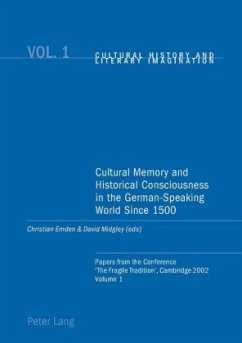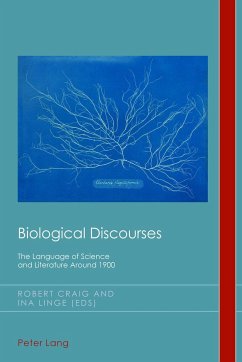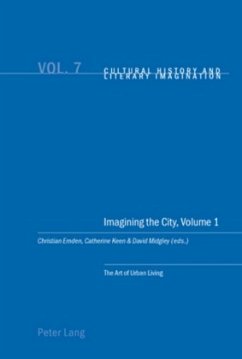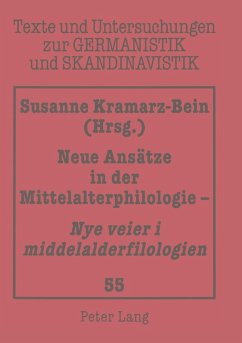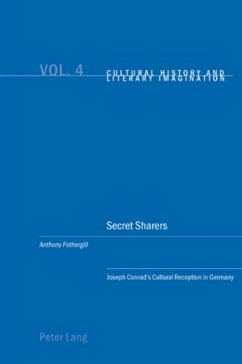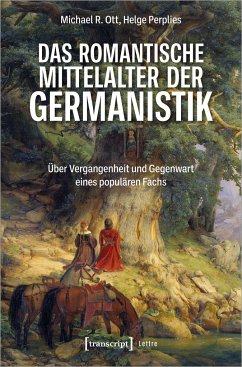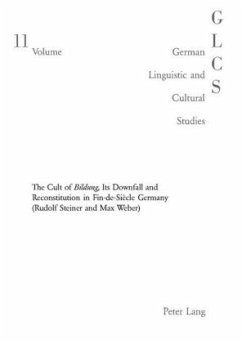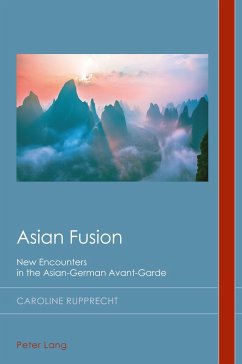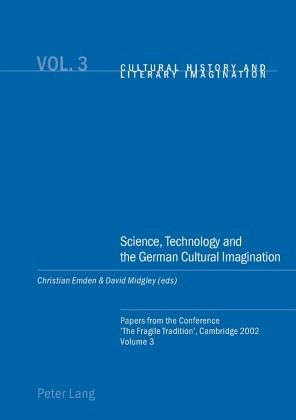
Science, Technology and the German Cultural Imagination
Papers from the Conference 'The Fragile Tradition', Cambridge 2002. Volume 3
Herausgegeben: Emden, Christian; Midgley, David Robin
Versandkostenfrei!
Versandfertig in 6-10 Tagen
94,35 €
inkl. MwSt.

PAYBACK Punkte
0 °P sammeln!
This is the third and final volume of papers given at the 'Fragile Tradition' conference in Cambridge, 2002. Together these volumes provide a conspectus of current research on the cultural, historical and literary imagination of the German-speaking world in the period since 1500. This volume highlights the connections between developments in technology and scientific thought since the sixteenth century on the one hand, and the ways in which the creative imagination of literary writers has responded to those developments on the other. It focuses particularly on the changing conceptions of natur...
This is the third and final volume of papers given at the 'Fragile Tradition' conference in Cambridge, 2002. Together these volumes provide a conspectus of current research on the cultural, historical and literary imagination of the German-speaking world in the period since 1500.
This volume highlights the connections between developments in technology and scientific thought since the sixteenth century on the one hand, and the ways in which the creative imagination of literary writers has responded to those developments on the other. It focuses particularly on the changing conceptions of nature, art, and what it means to be human in the modern period, as the effects of industrial technology and biological knowledge became apparent. It also explores the impact on literary writing and the established reading culture of the new media of photography, film and telecommunication in the twentieth century.
This volume highlights the connections between developments in technology and scientific thought since the sixteenth century on the one hand, and the ways in which the creative imagination of literary writers has responded to those developments on the other. It focuses particularly on the changing conceptions of nature, art, and what it means to be human in the modern period, as the effects of industrial technology and biological knowledge became apparent. It also explores the impact on literary writing and the established reading culture of the new media of photography, film and telecommunication in the twentieth century.




